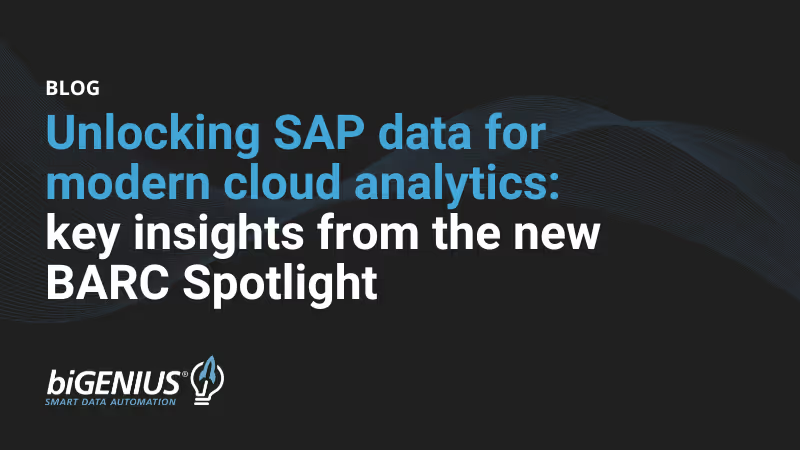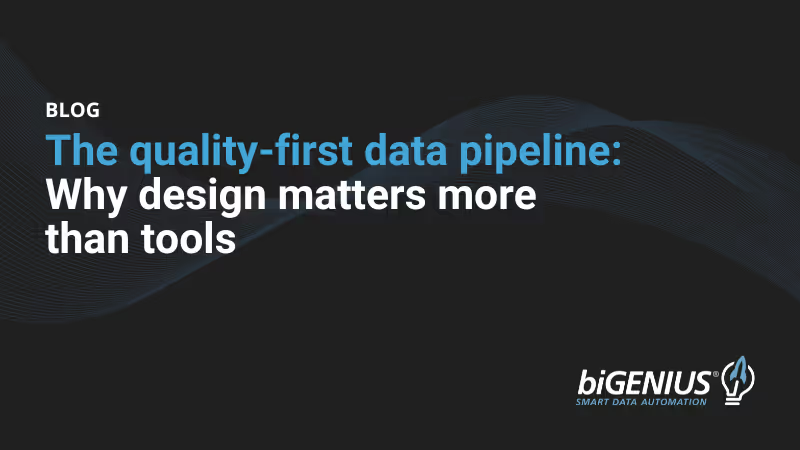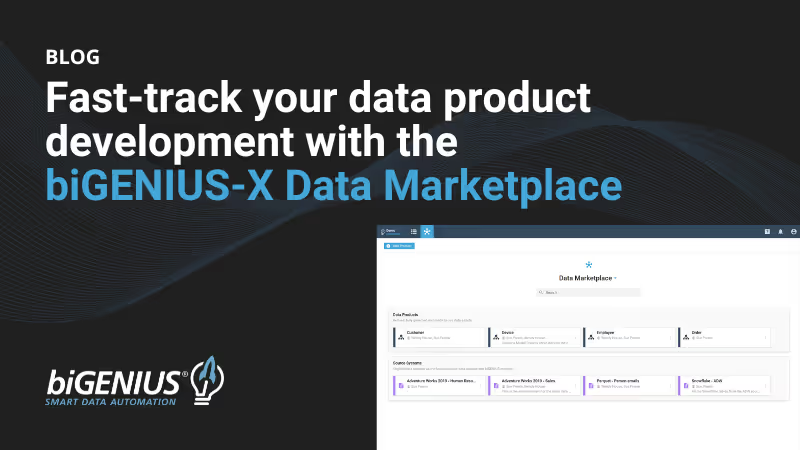Accelerating data mesh implementation with automation
An overview of the role of data automation as a success factor in the data mesh approach to building a decentralized data architecture.

Data mesh and its impact on modern data management
Data mesh has emerged in recent years as a new approach to sourcing, sharing, accessing, and managing analytical data at scale. It is a paradigm shift in how data is managed and governed within an organization.
Data mesh is an organizational approach to data management that emphasizes decentralization and autonomy. In a data mesh architecture, data is treated as a product, where individual teams are responsible for the quality, governance, and delivery of their own data products.
Data mesh overcomes centralized platform limitations, allowing businesses to be more responsive, agile, and scalable in their data management practices while maintaining a high level of governance and quality. While Data mesh enables faster, more flexible responses to business needs, its implementation comes with challenges.
Foundations for a successful data mesh
A successful data mesh strategy hinges on balancing decentralized data ownership with centralized governance. This balance is critical to ensuring that while individual teams manage their data products autonomously, the organization can maintain oversight to ensure data quality and security across the board.
Understanding data as a product
Adapting data contracts to evolving needs
Decomposing data products for scalability
Refactoring domains for enhanced efficiency
Overcoming data mesh challenges with automation
By automating key aspects of data product management, biGENIUS-X helps organizations scale more effectively, maintaining data quality and consistency across domains.
Reduce bottlenecks with low-code capabilities
With biGENIUS-X’s low-code capabilities, even users without deep technical expertise can participate in data product design and modeling. This democratization of data platform development empowers more team members, speeding up the implementation process.
Streamline data contracts with Linked Projects
The Linked Projects feature in biGENIUS-X simplifies the management of data contracts. By enabling the export and import of settings between projects, you can ensure consistency and adherence to shared schemas across all data domains.
Multi-technology support
biGENIUS-X allows for reuse of metadata across different generators, enabling you to adapt your technology stack as your business needs evolve. This flexibility ensures that your data platform remains future-proof, regardless of underlying technology changes.
Maximizing efficiency with automation
By generating scripts and artifacts automatically, biGENIUS-X drastically reduces the need for manual intervention, helping you scale data products quickly and efficiently. This not only enhances productivity but also frees your data team to focus on innovation and advanced analytics.
Let data automation drive efficiency so your data team can drive innovation.
biGENIUS updates and industry insights
Stay updated on the biGENIUS application and get valuable insights on the development of data management technologies.










